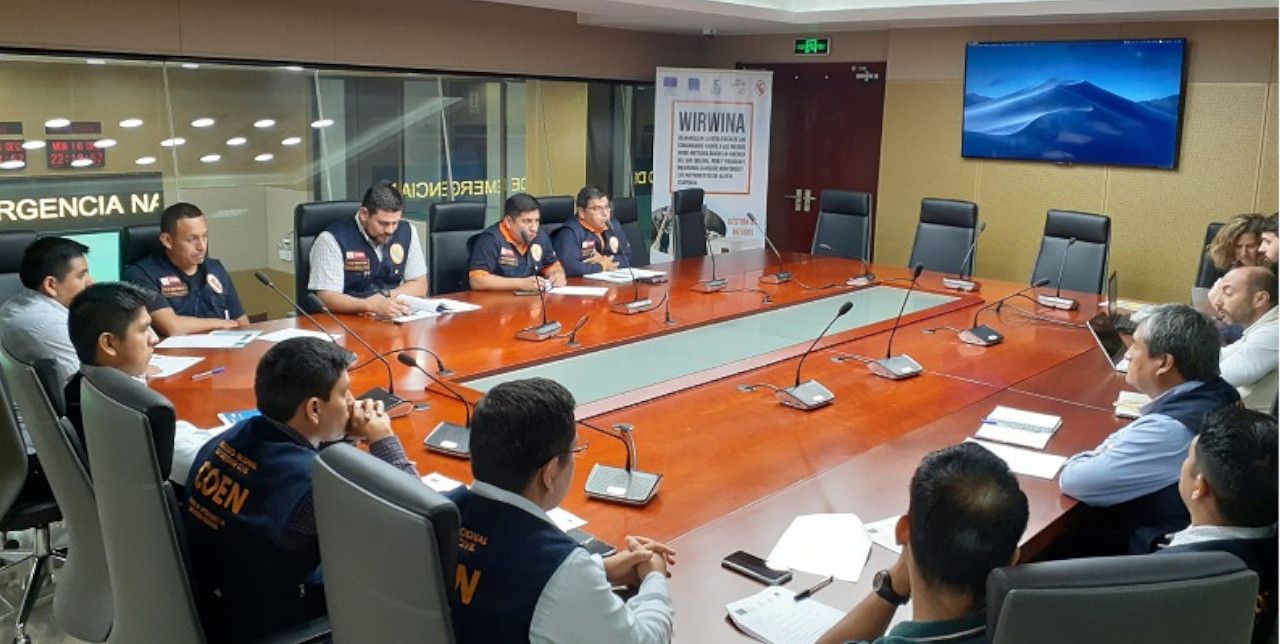19-12-2019 | di COOPI
Dewetra: a real-time platform to predict weather-related risks
Peru is significantly vulnerable to natural disasters caused by hydrometeorological phenomena, such as floods, thunderstorms, droughts and frosts. This vulnerability urges the Peruvian government to be equipped with a real-time monitoring, prediction and prevention of weather-related risks system to better respond to emergencies.
This is why DEWETRA comes in handy– a fully operational platform aimed at multi-risk mapping, forecasting and monitoring, which allows a better reading and understanding of climate phenomena and their impact on the population, and a more efficient reaction to emergencies.
Promoted by the Italian Civil Protection Department in several countries around the world and installed in Peru, Paraguay and Bolivia, thanks to the European Commission (ECHO-Direction General for Humanitarian Aid and Civil Protection), Dewetra has stressed the importance of a stronger communication between scientific institutions and community brigades, in order to simplify and update early warning operating protocols and save as many lives as possible.
As General Seijas, head of the Emergency Operations Centre, points out, "Dewetra allows a more accurate analysis of the different risk scenarios and also stresses the need to receive more information from the periphery, that is from municipal departments and territories, to analyze the real impact of the phenomena on the population. This interaction will help us give a more appropriate response to emergencies".
Thanks to the European Commission funds and in partnership with CIMA (Centro Internazionale in Monitoraggio Ambientale) and GVC, is implementing the project entitled “Wirwina: building communities resilience to face hydro-meteorological hazards in South America (Bolivia, Perú and Paraguay), improving monitoring network and early warning tools” to strengthen national and local capacities for disaster risk reduction and proper response to adverse hydro-metereological events (floods and droughts) in Bolivia, Peru and Paraguay, using adequate technological-scientific tools, giving priority to early warning systems, coordination mechanisms, protocols and livelihood protection.
The project, that started in April 2018 and will end in December 2019, also made it possible to train thirteen technicians (operators, meteorologists, computer scientists) from the National Emergency Operations Centre (COEN) to correctly use the DEWETRA platform.




 Peru
Peru